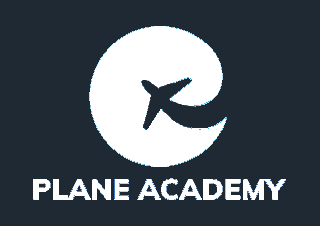The Significance of Pilot Math Skills: A Guide to Assessment Day Preparations
Pilot math skills are integral to a successful pilot training and career in aviation. Whether managing aircraft energy or ensuring precise descents for a safe landing, pilots rely on mental math during every flight. This blog post aims to shed light on why assessment days evaluate pilot math skills and how candidates can prepare effectively.
Importance of Mental Math in Aviation: Exemplifying the relevance of mental math, pilots frequently use calculations during flights. One such application involves determining the distance required for a descent. For instance, considering factors like altitude, speed, and wind, pilots use three times tables to estimate the necessary descent distance. Mental math skills play a crucial role in energy management and operational efficiency.
Assessment Day – Pilot Math Tests: Flight school assessment days typically include a math test to gauge candidates’ mental math abilities. These tests are designed to evaluate a candidate’s proficiency in areas such as long multiplication, division, and unit conversions. While the questions may vary in difficulty, practicing these skills is essential to perform well on the assessment day.
Preparation for Pilot Math Assessments: To excel in pilot math assessments, candidates are advised to practice regularly. Online resources, including video tutorials on long division and multiplication, offer valuable guidance. Creating mock exams with a variety of questions, including conversions and basic arithmetic, can help candidates develop speed and accuracy. Aim to complete a set of 15 questions within 11 minutes, as this aligns with the structure of many assessment day tests.
Multiple-Choice Format and Strategic Approaches: Most pilot math tests adopt a multiple-choice format, providing candidates with options to choose from. Strategic approaches involve dismissing unlikely answers to narrow down choices. For instance, understanding basic principles, like even multiplied by even resulting in an even number, can help eliminate incorrect choices. Developing efficient methods, such as long multiplication, enhances speed and accuracy.
Continuous Learning and Practice: While pilot math tests may seem challenging, continuous learning and practice are key. Long multiplication, long division, and quick addition and subtraction are fundamental skills that candidates should master. Leveraging freely available online resources and seeking guidance from experienced individuals contribute to ongoing skill refinement.
In conclusion, the significance of pilot math skills in aviation cannot be overstated. Aspiring pilots should embrace continuous learning, practice, and strategic approaches to excel in assessment day math tests. By honing these skills, candidates can approach assessment days with confidence and increase their chances of success in the competitive field of aviation.
